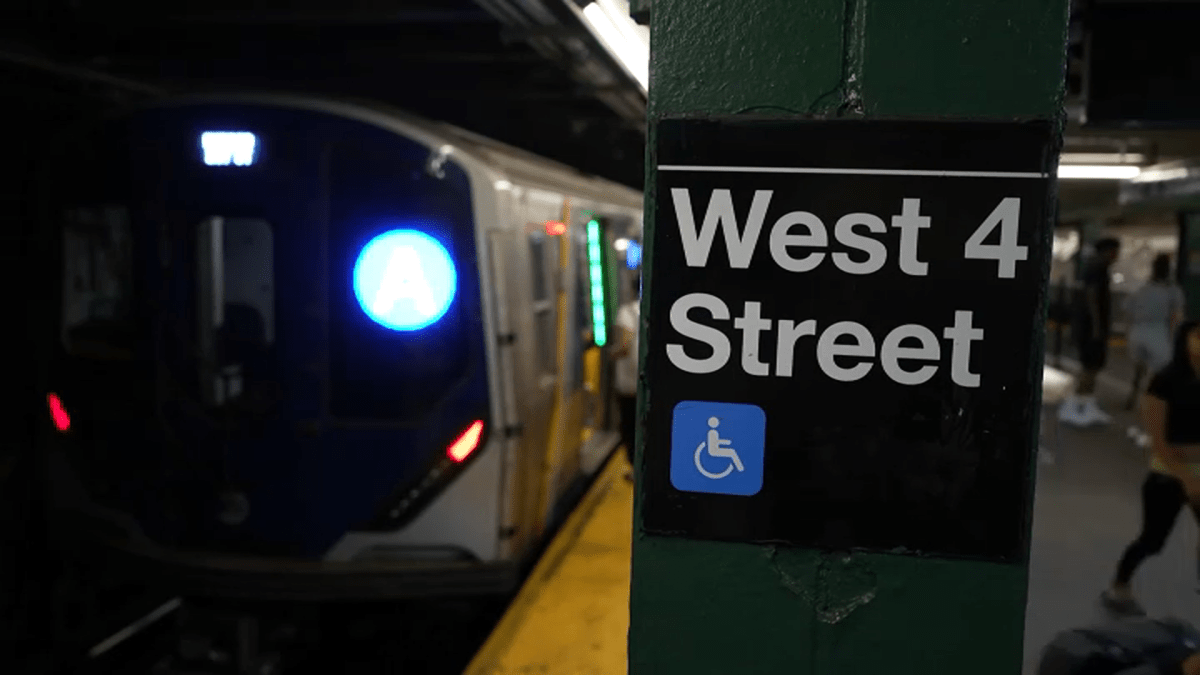The good news is the MTA isn’t jacking up subway, bus or commuter rail fares this year, as was previously planned.
The bad news: The increase will still take effect in January, and some tolls will be going up more than what many assumed would be a 4% increase, according to sources familiar with the plans.
In some cases, the MTA is planning to increase tolls 7.5%. The RFK Bridge, for example, where the one-way EZ Pass currently costs $6.94, would go up to $7.46.
The MTA had long planned to raise fares. For subway and buses, base fare would go up 10 cents, from $2.90 to $3, as expected. The board will vote on the full plan this fall.
Should they approve it, the changes would take effect Jan. 4, 2026. The MTA also plans to stop selling MetroCards, which are currently the only means of purchasing 30-day unlimited passes, in favor of the OMNY system at that time.
The last fare hike came two years ago, in Aug. 2023, after base fares spent nearly a decade at the same price ($2.75).
The 2025 fare hike was initially planned to begin this August, but certain elements of the required public process couldn’t be completed by that time.
The MTA is putting ink to paper its final budget for 2025, and next year could cost riders more take the rails and drive. The $20 billion budget includes a summer fare hike, and that’s on top of congestion pricing that is set to begin just after the start of the new year. NBC New York’s Andrew Siff reports.
Also starting Jan. 4, 2026, the MTA is changing its railroad ticket policy for online tickets to close a loophole that’s allowed many riders to ride free on various occasions.
Currently, riders buy a ticket on their phones and it’s valid for 60 days if it is not activated sooner. That allowed some commuters to get free rides if tickets weren’t checked by conductors. Starting in January, that ticket will self-activate and only be valid for four hours.
“The confusion about purchasing and activation has encouraged some game playing, and we want to simplify it,” said MTA Chairman Janno Lieber, when asked how big of an issue ticket activation had become for an agency that has been trying to watch its bottom line.
Lieber defended the fare and toll hikes, saying that transit “is one of the few things that makes New York affordable. We are part of the affordability solution.”
Before the fare hikes are fully finalized, there are public hearing scheduled for August, then a final MTA board vote.
The developments come a day after a heat-related power loss triggered an hours-long cascade of suspensions and delays for more than a half-dozen subway lines, melting commuters in Manhattan stations.
MTA officials said that some type of power issue were impacting signals, primarily at three stations — Spring Street C/E, West 4th St-Washington Sq and Broadway Lafayette — caused major delays. Signals that were supposed to be green or yellow were getting stuck on red. Officials say sometimes heat strains the system.
In this case, officials say two separate power surges contributed to the problem.
The problem started mid-morning. Delays were still notable into Tuesday evening on about seven train lines, though service had steadily improved. All delays appeared to have been resolved by 10 p.m.
